Probiotics can help balance a child’s gut bacteria, promote digestive health, boost immunity, and alleviate specific symptoms such as colic in newborns, constipation, and acid reflux. In this article, we’ll suggest five top-rated probiotics for kids. However, before giving your child any probiotic supplement, it’s a good idea to consult with a pediatrician to ensure it’s safe and tailored to your child’s health needs.
Clinically proven probiotics for newborns
BioGaia Protectis probiotic drops are suitable for newborns and older, known for their safety and effectiveness. The main ingredient is L. reuteri. Clinical studies have shown that this strain can effectively relieve symptoms of colic, vomiting, occasional constipation, and diarrhea. It’s available in two formulations: a standalone probiotic (5ml) and a probiotic combined with Vitamin D3 (10ml).
11,938 Reviews
*Recommended daily dose is 5 drops, suitable for newborns and older. Not for preemies.
All prices and ratings are current as of the time of writing.
L. reuteri is among the most extensively researched probiotic strains. According to information from BioGaia, as of December 2022, the efficacy and safety of various L. reuteri strains from BioGaia have been confirmed in about 258 clinical studies involving roughly 21,000 participants. 127 of these studies were on newborns to 18-year-olds, while 131 were on adults.
L. reuteri is one of the few bacteria that evolved alongside humans. A crucial member of the gut microbiota, it plays an essential role in helping infants digest breast milk and solid foods. This bacteria binds closely to the intestinal wall, improving immune response. However, due to modern lifestyles—including low-fiber diets, improved sanitation, antibiotic use, and C-section births—most people lack L. reuteri in their gut. Through probiotics, L. reuteri can be reintroduced into the body.
User feedback from over 10,000 users on iHerb indicates that these probiotic drops effectively alleviate symptoms like reflux and colic. Some parents noted that after trying various remedies without success, BioGaia Protectis drops showed significant relief, with their babies having regular bowel movements and a notable decrease in colic.
BioGaia Protectis drops are free from artificial colors, flavors, dairy, and soy. They contain non-GMO sunflower oil and natural palm kernel oil. Using them is easy: 5 drops regardless of the baby’s age (a 5ml package lasts about 50 days). The drops are tasteless and can be mixed with breast milk, formula, or any food below body temperature, making feeding convenient.
One thing to note is that, compared to other brands, BioGaia Protectis drops are a bit pricier. Once opened, they have a 3-month shelf life. However, considering their safety and efficacy, they’re an excellent choice for parents seeking a quality probiotic supplement.
Pros
- Broadly researched and clinically verified L. reuteri strain.
- Tasteless drops that mix easily with food.
- Suitable for all age groups.
- Easy dosage control.
- Thoroughly tested with quality assurance.
- Verified safe for long-term use without side effects.
Cons
- Pricier than other brands.
- Needs to be used within 3 months after opening.
Ingredients and Daily Value (DV)
| Ingredient | Amount per serving (5 drops) | Daily Intake % (for infants) |
|---|---|---|
| Vitamin D3* | 10mcg 400 IU | 100% |
| L.reuteri DSM 17938 | 100 million CFU | N/A |
*The 5ml standalone probiotic formula doesn’t include Vitamin D3.
N/A – No recommended daily intake percentage.
Best probiotic for 1-year-olds
Culturelle Kids Daily Probiotic is available in powder form in single-use packets, each boasting 50 billion active culture units (CFU). Its primary active component is Lactobacillus rhamnosus GG, which is thought to be potentially beneficial for treating diarrhea in kids. It’s recommended to take one packet daily, blended into cold food or a drink, to bolster a child’s digestive and immune health. Suitable for children aged 1 and above.
219 Reviews
Also on iHerb
*Options for 30/50 packets; monthly shipping available; suggested one packet daily; for digestive issues, one packet in the morning and evening;
For kids aged 1 and up.
This kids’ probiotic is free from gluten, dairy, lactose, milk, added colors, preservatives, yeast, and soy, minimizing allergens. Furthermore, Culturelle’s products are made in NSF International-certified facilities, a third-party organization ensuring safe supplement production practices.
Pros:
- No refrigeration needed; just keep out of direct sunlight.
- Free of many allergens.
- Produced in third-party certified facilities.
Cons:
- Contains only a single strain.
- Priced a bit on the higher side.
- Some users mentioned a not-so-great taste.
Ingredient List
| Ingredient | Amount per Serving (1 packet) |
|---|---|
| Calories | 5 calories |
| Total Carbohydrates | 1g |
| Total Sugars | 0g |
| Added Sugars | 0g |
| Sugar Alcohols | Less than 1g |
| Lactobacillus rhamnosus GG | 23mg (50 billion CFUs) |
Multi-strain plant probiotics for kids aged 2+
Renew Life Kids Plant Probiotic chewable tablets are suitable for children aged 2 and up. Each tablet contains 30 billion live active cultures (CFU) and consists of 6 probiotic strains: Bacillus coagulans, Lactobacillus acidophilus, Bifidobacterium lactis, Bifidobacterium breve, Lactobacillus salivarius, and Lactobacillus plantarum. These berry-flavored probiotics aim to alleviate occasional digestive discomfort in kids while boosting immune health.
1,172 Reviews
*30 tablets; suggested one tablet daily; suitable for kids aged 2 and up.
These probiotics are free from sugar, dairy, gluten, and don’t contain artificial flavors, colors, or sweeteners. They’re also shelf-stable, which means you don’t need to refrigerate them.
While it undergoes multiple tests during production to ensure purity and efficacy, this product hasn’t been verified by third-party labs. From user feedback, some mentioned the chewables aren’t very easy to chew, and some kids didn’t fancy the taste.
Pros
- Contains 6 probiotic strains.
- Gluten-free, no added sugars.
- Doesn’t require refrigeration.
- Good value for money.
Cons
- Not verified by third-party testing.
- Some users mentioned chewables aren’t easy to break down, and some kids disliked the flavor.
Ingredient List:
| Ingredient | Amount per Serving (1 tablet) |
|---|---|
| Calories | 5 calories |
| Total Carbohydrates | Less than 1g |
| Sugar Alcohols | Less than 1g |
| 6-Strain Probiotic Blend* | 30 billion CFU |
*Includes strains like Bacillus coagulans, Lactobacillus acidophilus, and others.
Multi-strain probiotics for kids aged 2+
NOW BerryDophilus Kids Probiotic is also designed for children aged 2 and above, featuring 10 probiotic strains including Lactobacillus acidophilus, Bifidobacterium lactis, and more. Each tablet offers 2 billion active CFUs, supporting children’s digestive and immune systems.
6,632 Reviews
*Available in 60/120 tablets; suggested 1-3 times daily, 1 tablet each time; suitable for kids aged 2 and up.
These chewable probiotics come in a fun, natural berry flavor and entertaining animal shapes, making them more appealing for kids. They’re colored naturally with beet powder and don’t have added sugars but contain xylitol.
Produced in a certified third-party facility ensuring quality and safety. However, the product hasn’t undergone third-party testing for purity and efficacy. Furthermore, to maintain potency, it’s recommended to store these chewables in the fridge.
Pros
- Features 10 different probiotic strains.
- Produced in a certified third-party facility.
- Easy to chew, with a natural berry flavor and fun animal shapes that kids love.
Cons
- Requires refrigeration.
- Not third-party tested.
- Contains xylitol.
Ingredient List
| Ingredients | Serving Size (1 tablet) |
|---|---|
| Calories | 5 calories |
| Total Carbohydrates | 1g |
| Total Sugars | 0g |
| Added Sugars | 0g |
| Sugar Alcohols (Xylitol & Sorbitol) | 1g |
| Blend of 10 probiotic strains* | 56mg (20 billion CFUs) |
* Lactobacillus acidophilus (La-14), Bifidobacterium lactis (Bl-04), Lactobacillus plantarum (Lp-115), Lactobacillus casei (Lc-11), Lactobacillus rhamnosus (Lr-32), Lactobacillus paracasei (Lpc-37), Bifidobacterium breve (Bb-03), Streptococcus thermophilus (St-21), Lactobacillus salivarius (Ls-33), Bifidobacterium longum (BI-05).
Organic probiotics with 14 strains for ages 4+
Garden of Life Dr. Formulated Kids Organic Probiotics are for kids aged 4 and older. This probiotic includes 14 strains, including Lactobacillus acidophilus and Bifidobacterium lactis. It also has Vitamin D and organic amla fruit, offering kids a boost of Vitamin C.
8,047 Reviews
*30 tablets; recommended 1 daily; flavors include Berry Cherry, Watermelon, and Strawberry Banana; suitable for ages 4 and up.
This probiotic is free of added sugars. Additionally, the brand claims it is USDA certified organic and does not contain dairy, soy, gluten, sugars, sweeteners, pesticides, GMOs, antibiotics, or hormones.
The probiotic comes in three flavors: Berry Cherry, Strawberry Banana, and Watermelon. When stored properly, the product will maintain its live cultures until the suggested use date.
Pros:
- Natural probiotics.
- Free from various allergens and contaminants.
- Variety of flavor options.
Cons:
- Slightly pricey.
Ingredients and Daily Values (DV)
| Ingredients | Serving Size (1 tablet) | % Daily Intake (For ages 4 and up) |
|---|---|---|
| Calories | 5 | – |
| Total Fat | 0g | – |
| Sodium | 0g | – |
| Total Carbohydrates | 1g | – |
| Total Sugars | Less than 1g | – |
| Added Sugars | 0g | – |
| Vitamin C | 30mg | 33% |
| Vitamin D | 10mcg (400 IU) | 50% |
| Probiotic Strain Blend (1) | 71mg 50 billion CFUs | – |
| Total Lactobacillus Cultures (2) | 40 billion CFUs | – |
| Total Bifidobacterium Cultures | 10 billion CFUs | – |
| Organic Prebiotic Fiber Blend (3) | 310mg | – |
(1) Lactobacillus acidophilus, Lactobacillus gasseri, Lactobacillus paracasei, Lactobacillus plantarum, Lactobacillus casei, Lactobacillus brevis, Lactobacillus rhamnosus, Lactobacillus salivarius, Lactobacillus bulgaricus. These probiotics are typically found in the human gut and vaginal flora and offer multiple health benefits like boosting immune function and improving digestive health.
(2) Bifidobacterium lactis, Bifidobacterium breve, Bifidobacterium infantis, Bifidobacterium bifidum, Bifidobacterium longum. These bifidobacteria are common in the human intestines and help maintain gut flora balance, aiding digestion and nutrient absorption.
(3) Organic Acacia fiber (A. senegal) comes from the Acacia tree and promotes digestive health. Organic Cranberry fruit (Vaccinium macrocarpon) is rich in antioxidants and vitamins. Organic Emblic (Amla, Phyllanthus emblica) fruit extract, also known as Indian gooseberry, is a fruit packed with Vitamin C and antioxidants.
– No recommended daily intake percentage.
Frequently Asked Questions about Kids’ Probiotics
What are sources of probiotics for children?
Probiotic supplements usually contain an indigestible component called ‘prebiotics’ that fosters the growth of gut bacteria. Infants can typically get prebiotics from their mother’s breast milk. Until about six months of age, breast milk remains the primary source of prebiotics.
Formula milk doesn’t offer the natural probiotics found in breast milk. That’s why some products attempt to add probiotics to the formula to mimic the health benefits of natural breast milk.
What are the benefits of kids’ probiotics?
Research has found that probiotics can help treat conditions in kids such as diarrhea and eczema, control allergies, prevent urinary tract infections, and alleviate symptoms of colic in newborns.
Other conditions that might benefit from probiotics include:
- Atopic disorders
- Necrotizing enterocolitis
- Antibiotic-related diarrhea
- Acute infectious diarrhea
- Chronic inflammatory bowel diseases
Probiotics might also help treat or prevent the following conditions not specific to children:
- Acne
- Asthma
- Atopic dermatitis
- Constipation
- Clostridium difficile infection
- Diverticulitis
- Traveler’s diarrhea
- Urinary tract infections
- Upper respiratory tract infections
- Allergic rhinitis (hay fever)
- Irritable bowel syndrome
- Hepatic encephalopathy
- Cavities
- Periodontal disease
Are there side effects for kids taking probiotics?
They’re generally considered safe, but probiotics can potentially cause conditions like:
- Systemic infections
- Impaired metabolic activities
- Over-stimulation of the immune system
- Gene transfer
What are natural food sources of probiotics?
Several everyday foods contain probiotics that can increase the beneficial microbes in the body. Foods rich in probiotics include:
- Yogurt
- Cheese
- Pickles
- Miso
- Kombucha tea
- Buttermilk
- Sourdough bread
- Fermented foods
How to identify processed foods with probiotics?
Foods might not always label their probiotic content. If you’re buying yogurt with probiotics, make sure it’s pasteurized. Also, check the ingredient list to ensure it contains live cultures. Yogurt labels usually specify the particular strains of probiotics present, and there should be at least 100 million live cultures per gram.
Fermented foods also contain probiotics. The fermentation process preserves food and promotes the growth of probiotics. Foods that can be fermented include cabbage, cucumbers, and soybeans. Various methods, like adding yeast or bacteria, can facilitate the fermentation process.
Disclosure: We are an Amazon Associate. Some links on this website are affiliate links, which means we may earn a commission or receive a referral fee when you sign up or make a purchase through those links.


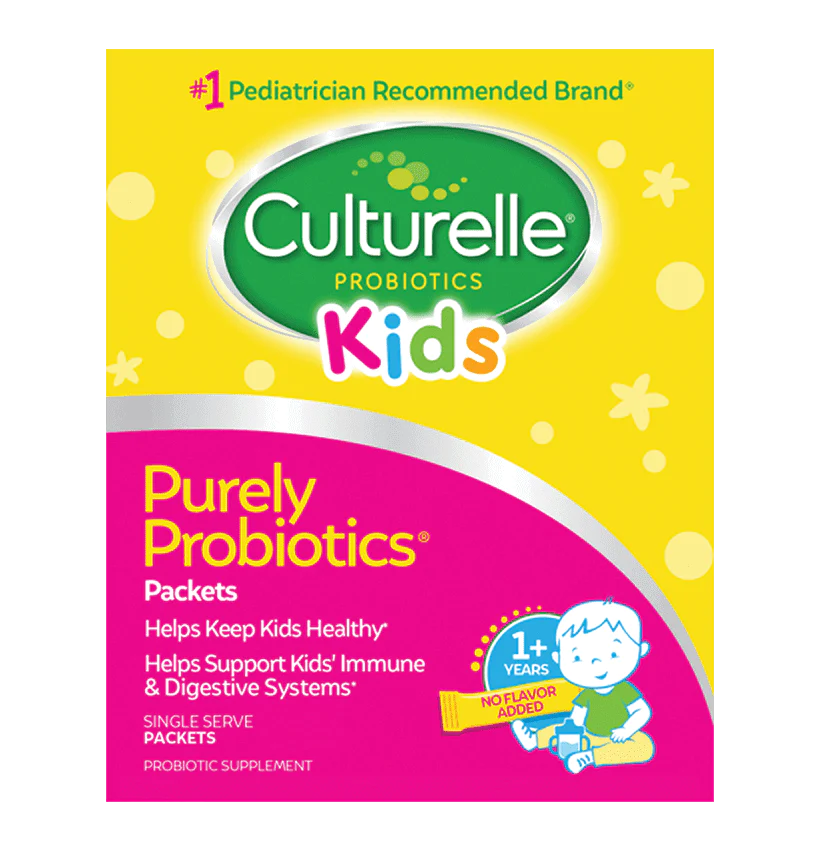
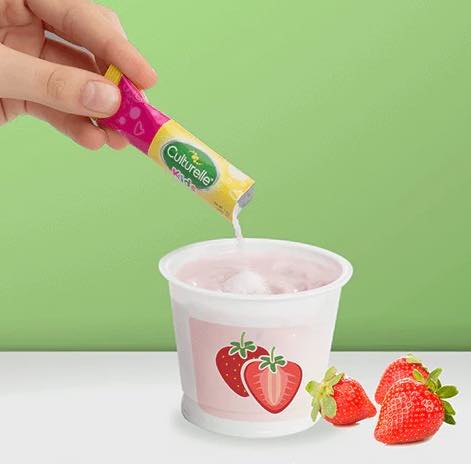
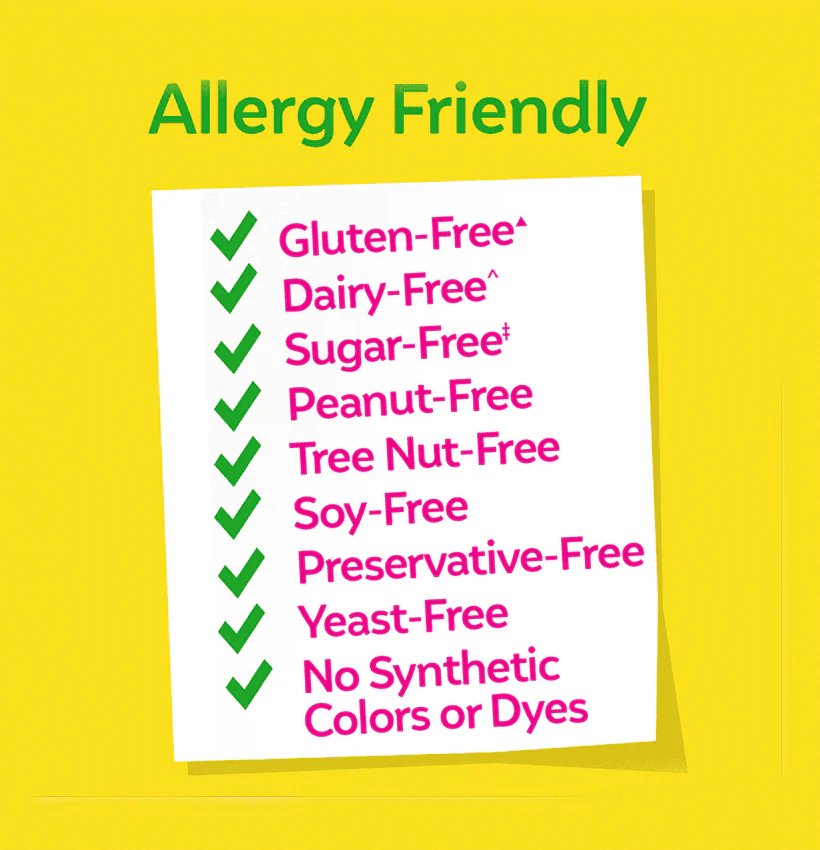
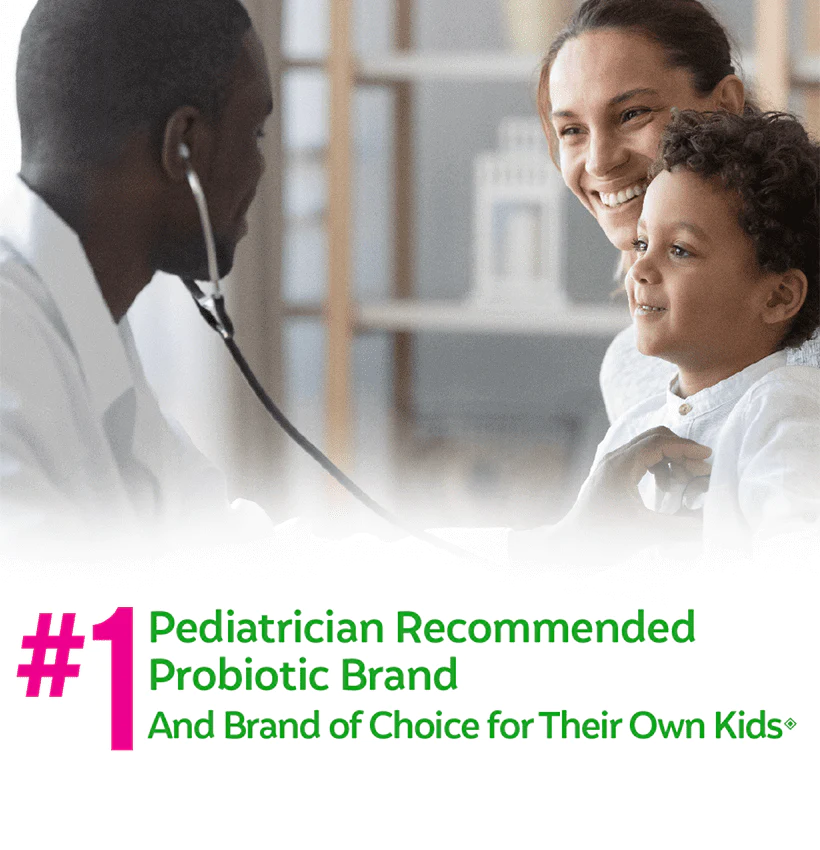
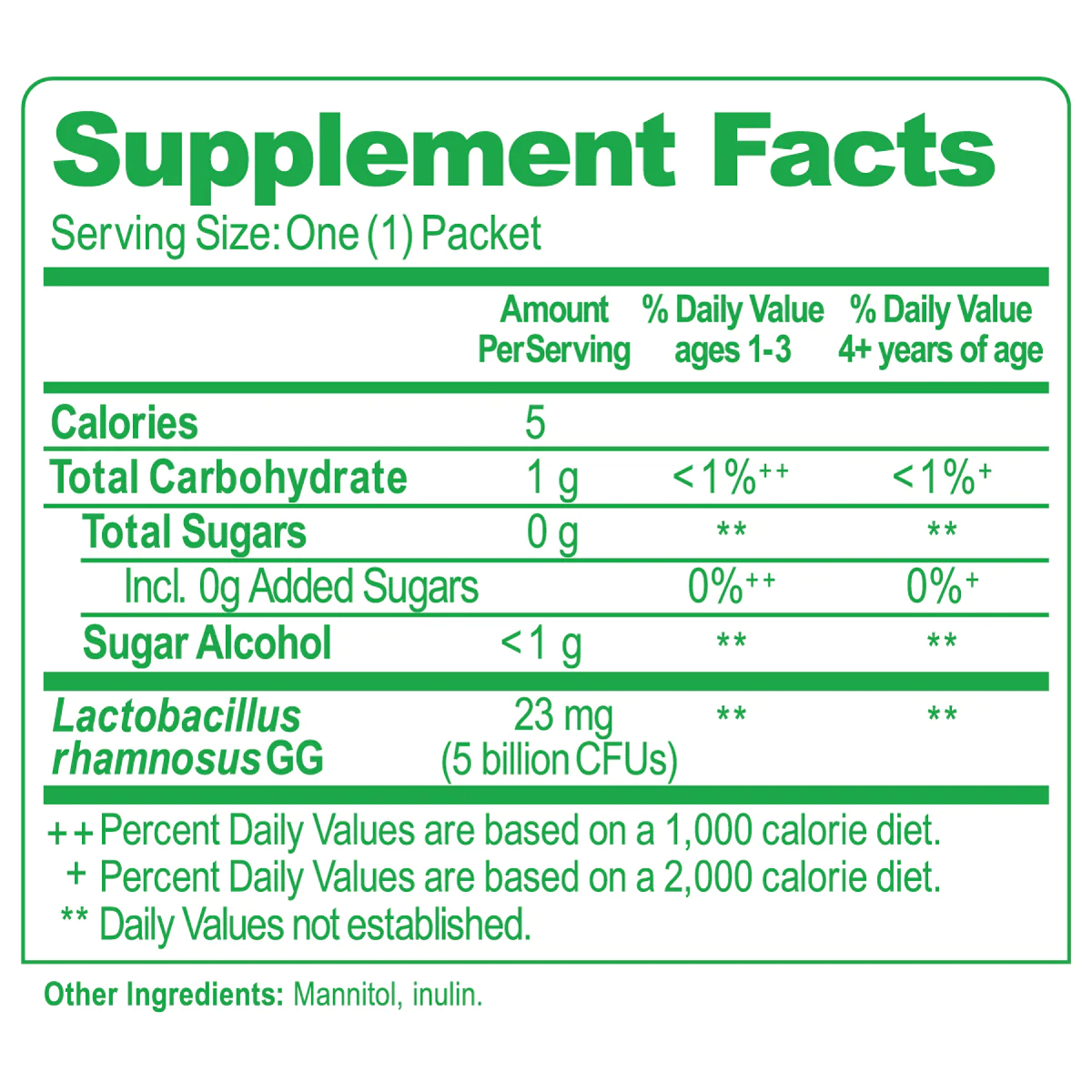
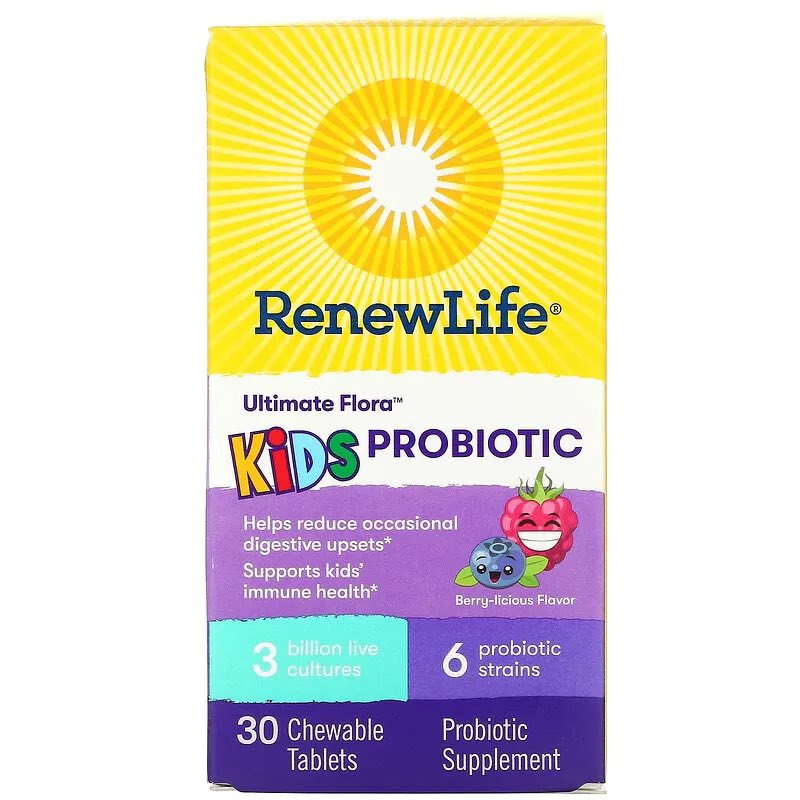
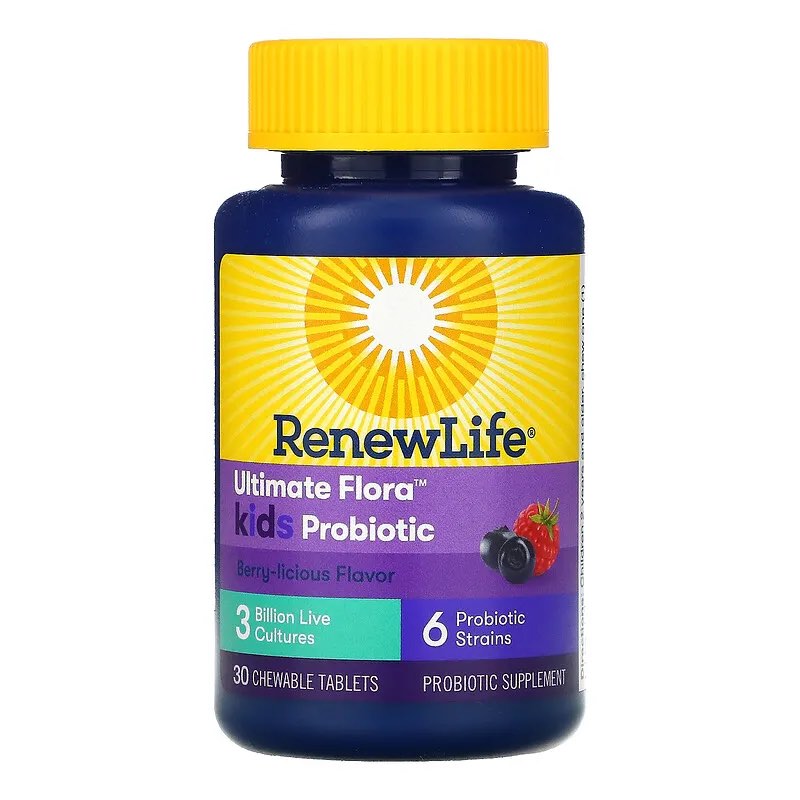
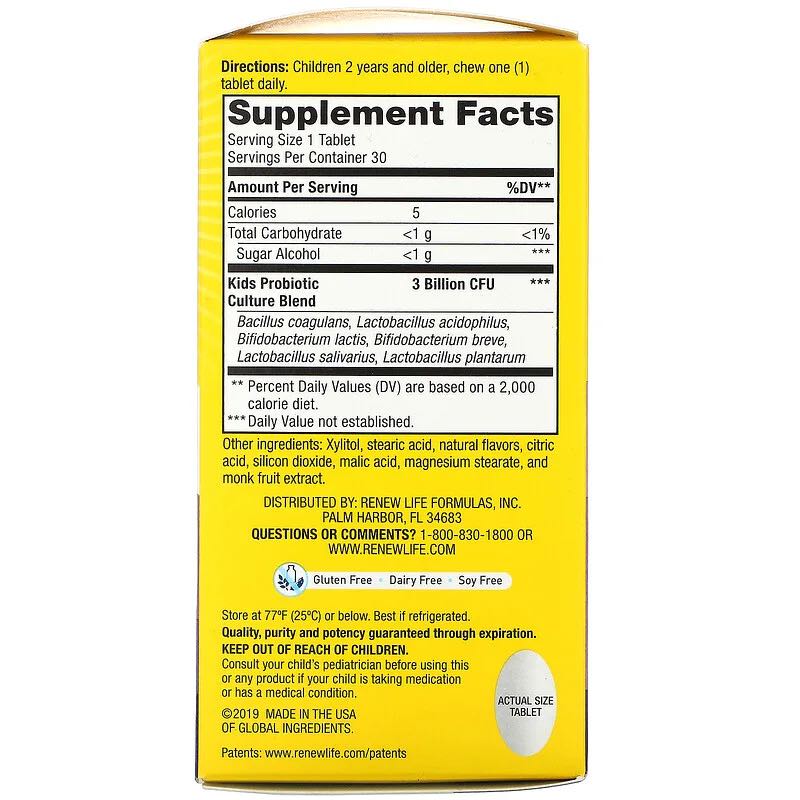
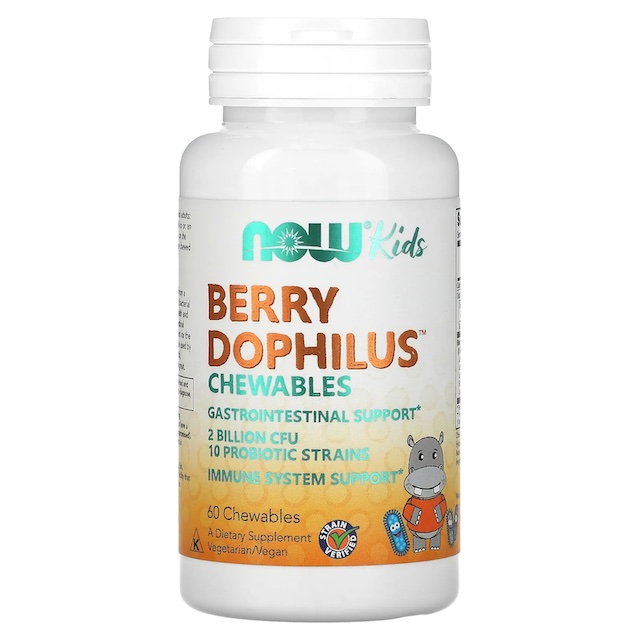

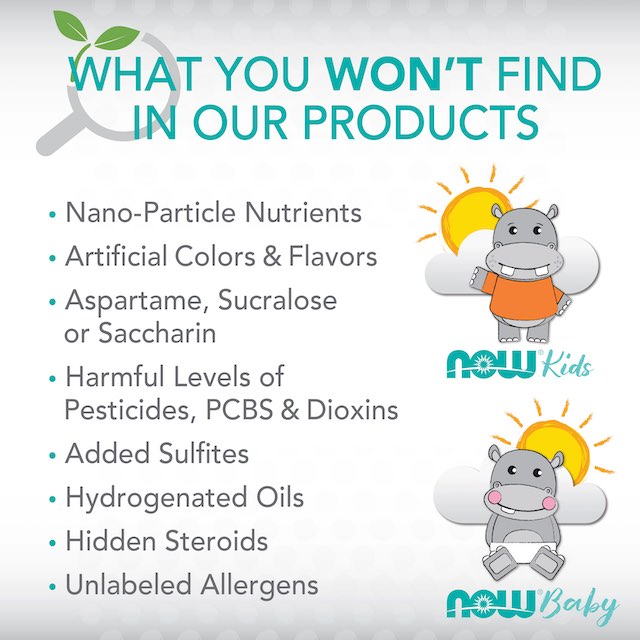

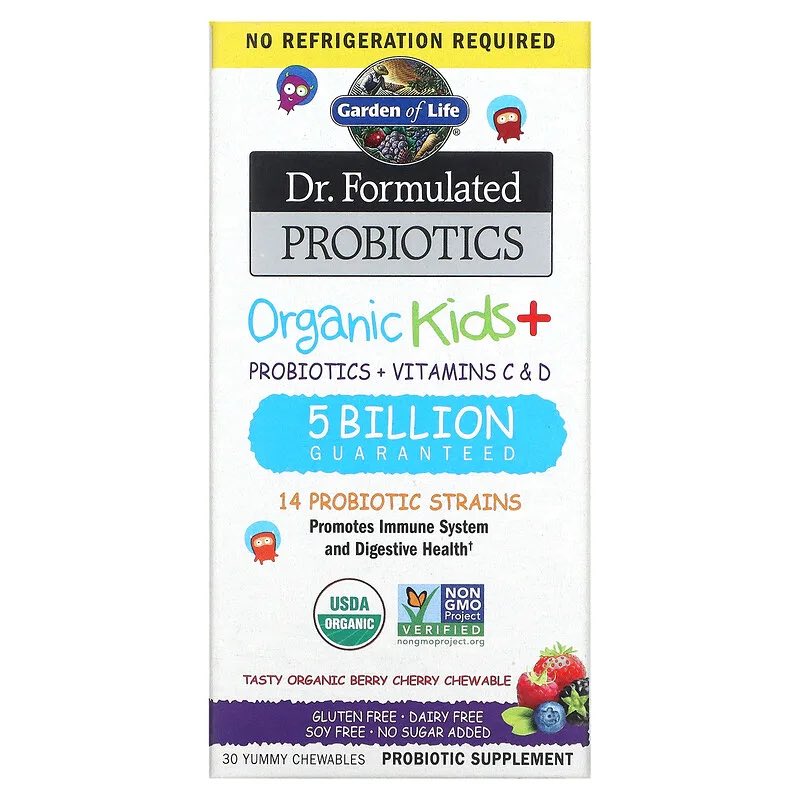
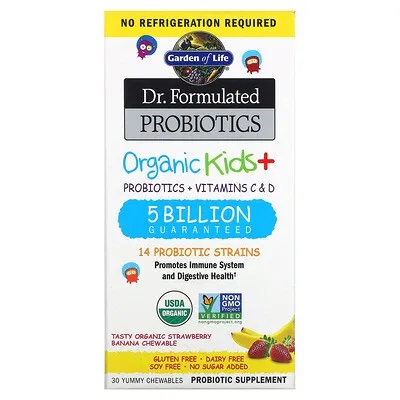


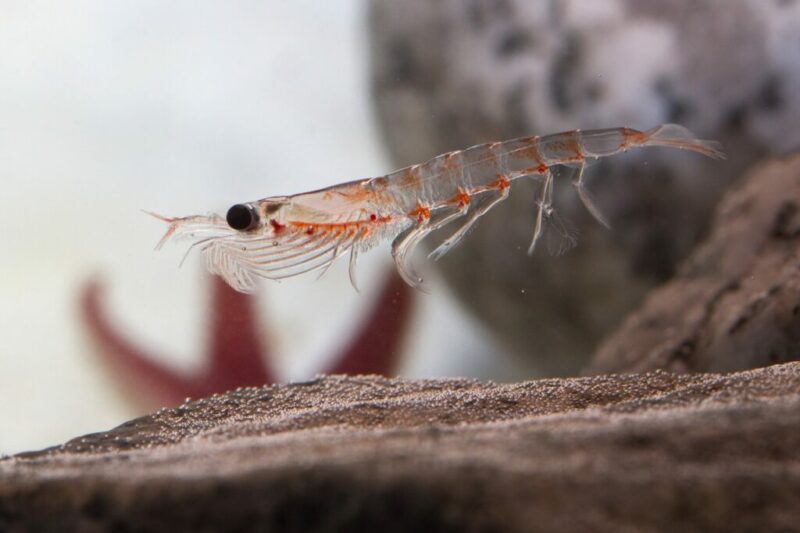



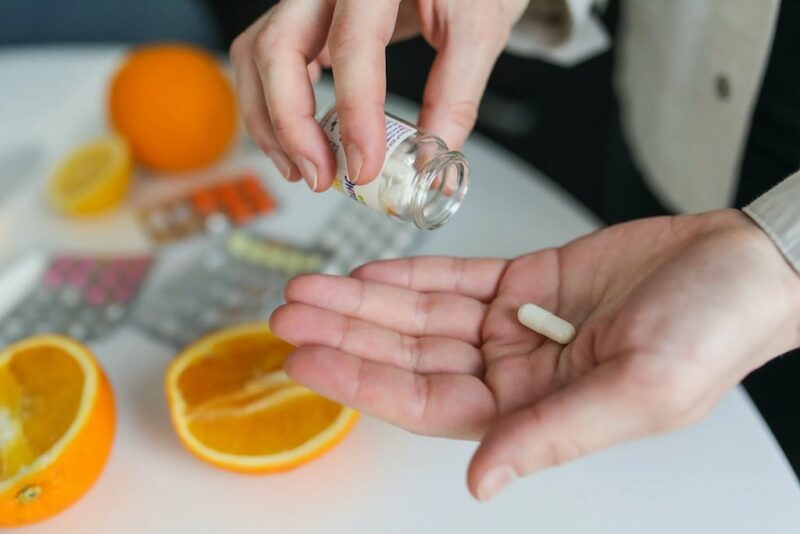






Leave a Reply